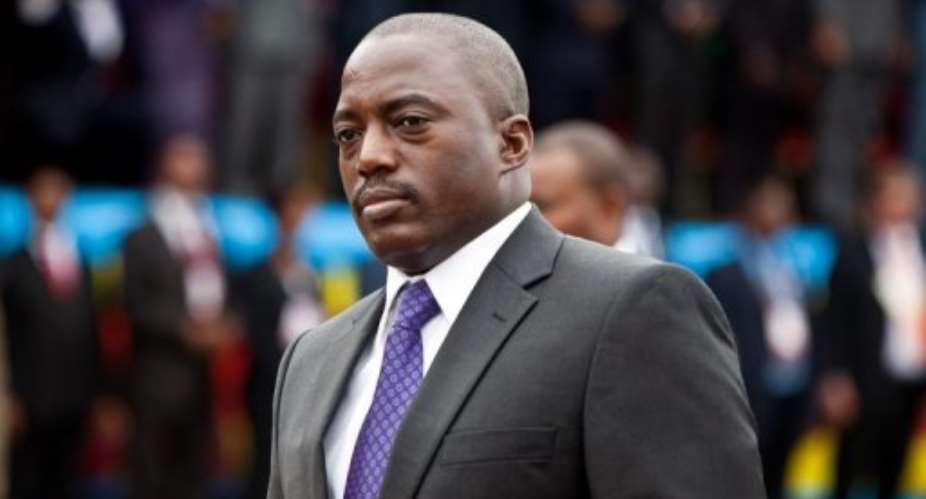THE HAGUE (AFP) - Three Congolese witnesses before the world war crimes court may apply for asylum in the Netherlands after saying they feared for their safety, a Dutch court ruled on Wednesday.
"The Amsterdam court ruled today that the request for protection by three Congolese witnesses before the International Criminal Court will have to be completed through Dutch asylum procedures," the court said in a statement.
It also ordered the Dutch government to finalise a decision whether to grant asylum before June 28 next year.
The three men, who were already in jail in the DR Congo capital Kinshasa, were transferred to the ICC in The Netherlands on March 27 to testify in the trial of two militia chiefs accused of the massacre of more than 200 people at Bogoro in the DR Congo's northeastern Ituri region in 2003.
Once in the ICC detention centre, they made statements alleging that DRC President Joseph Kabila had a hand in the Bogoro attack, which has been blamed on his foes during a time of conflict across the vast nation.
Defence lawyers for the three men say that they cannot safely return to the DRC after having testified against the authorities. In May, they requested political asylum in The Netherlands.
Dutch authorities agreed, but because of the witnesses' circumstances suggested an "alternative" legal procedure to the normal one followed in an asylum application.
Lawyers however said their clients' cases lacked legal basis for such a process and asked Dutch courts for permission to go through the normal asylum route, which the court agreed to on Wednesday.
Called by the defence, the three testified in April and early May in the war crimes and crimes against humanity trial of Germain Katanga and Mathieu Ngudjolo Chui, which opened November 24, 2009.
The ICC, which came into being in July 2002 as the world's first permanent tribunal dealing in genocide, war crimes and crimes against humanity, has never before been confronted with the need to detain witnesses pending developments.
Its founding Rome Statute provides for the return home without delay of witnesses once they have given evidence, but it also requires measures to protect individuals who may be under threat.





 Former Kotoko Player George Asare elected SRC President at PUG Law Faculty
Former Kotoko Player George Asare elected SRC President at PUG Law Faculty
 2024 elections: Consider ‘dumsor’ when casting your votes; NPP deserves less — P...
2024 elections: Consider ‘dumsor’ when casting your votes; NPP deserves less — P...
 You have no grounds to call Mahama incompetent; you’ve failed — Prof. Marfo blas...
You have no grounds to call Mahama incompetent; you’ve failed — Prof. Marfo blas...
 2024 elections: NPP creates better policies for people like us; we’ll vote for B...
2024 elections: NPP creates better policies for people like us; we’ll vote for B...
 Don’t exchange your life for wealth; a sparkle of fire can be your end — Gender ...
Don’t exchange your life for wealth; a sparkle of fire can be your end — Gender ...
 Ghana’s newly installed Poland train reportedly involved in accident while on a ...
Ghana’s newly installed Poland train reportedly involved in accident while on a ...
 Chieftaincy disputes: Government imposes 4pm to 7am curfew on Sampa township
Chieftaincy disputes: Government imposes 4pm to 7am curfew on Sampa township
 Franklin Cudjoe fumes at unaccountable wasteful executive living large at the ex...
Franklin Cudjoe fumes at unaccountable wasteful executive living large at the ex...
 I'll 'stoop too low' for votes; I'm never moved by your propaganda — Oquaye Jnr ...
I'll 'stoop too low' for votes; I'm never moved by your propaganda — Oquaye Jnr ...
 Kumasi Thermal Plant commissioning: I pray God opens the eyes of leaders who don...
Kumasi Thermal Plant commissioning: I pray God opens the eyes of leaders who don...
